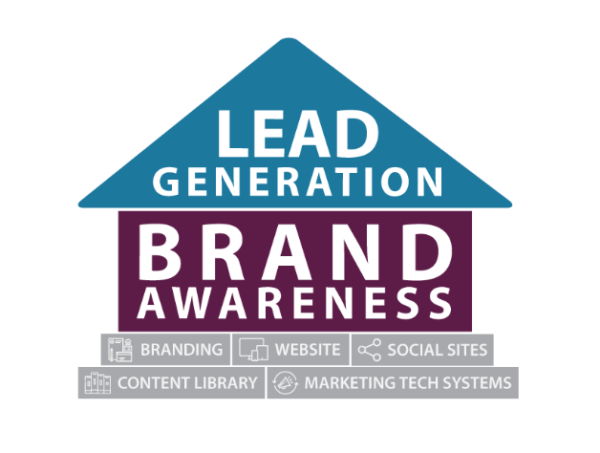When will our startup see triple digit ROI on marketing spend?
When should I pull the plug on an email campaign that’s not converting?
How long will it take to rank on page one on Google for our most competitive terms?
I get a lot of these types of questions, especially around fiscal year budget planning time. In a world where people expect immediate gratification and results, it’s often difficult to stay the course with marketing campaigns that take time to cultivate results.
Every Situation Has Its Own Marketing Pace
I’ve seen 100% return on marketing investment within the first six months of campaign launch for a tech SaaS company and a healthcare tech company that didn’t reach that metric until year three due to the length and complexity of their sales cycle.
Every industry and every company has its own cadence with regard to conversions from marketing leads.
Answers To “Real World” Questions
When will our startup see triple digit ROI on marketing spend?
Typically, your marketing team needs the first six to nine months building foundational elements: messaging, content, brand imagery, websites, etc.
Then, they need another quarter to get technology stacks in place, such as list management, CRM integration, and email marketing.
So expect marketing year one to be an investment. By year two you should start seeing positive marketing ROI and about 28-36 months in you should see triple-digit marketing ROI if your sales cycle is under 12 months.
If you are an established company selling into a new vertical, expect the same timeline as startups.
When should I pull the plug on an email campaign that’s not converting?
The answer to this one depends on a few factors. First, are you mailing to a warm opt-in list or a lukewarm list? If you send three emails to a warm list and don’t get at least a few inquiries or event sign-ups, you have an issue.
If you are mailing to a lukewarm or an old list, you need to send at least six value-packed emails in order to see engagement results.
If after 3-4 months you are not seeing results, you either aren’t providing content your audience wants, or your list has problems. Consider emailing through an established organization or publication instead of your in-house system.
How long will it take to rank on page one on Google for our most competitive terms?
If you are starting your search engine optimization (SEO) efforts from scratch with a brand new website or an old site that’s just been optimized, expect these durations to rank on the first page of Google.
- Uncompetitive terms (low search volume, no large sites ranking): 2-to-4 weeks
- Moderately competitive terms (moderate search volume, 3-4 large competitive sites): 3-to-6 months
- Highly competitive terms (large search volumes, 5+ large competitors): 9+ months
Of course, these timelines assume proper website coding and copy, quality content, and ongoing SEO campaigns to build backlinks and social shares.
Pick The Pace Most Comfortable for Your Organization and Markets
Each marketing channel has its own pace and cost. Here are some general rules to follow regarding channel and time to positive ROI for B2B companies.
| Need leads NOW! | Need leads in 1-2 quarters | Want steady long-term lead gen | |
|---|---|---|---|
| Best marketing channels | Association and publication lead gen programs Pay-per-click (PPC) ads Upsell programs to existing clients using email and partners | Email marketing SEO for less competitive terms Social media ads Trade conferences Webinars Referral campaigns | SEO for competitive terms combined with PPC Earned media coverage Account-based marketing (ABM) Social media |
Struggling to Achieve Marketing ROI on Your Timeline?
Contact us today for a free marketing plan or lead generation assessment consultation.



